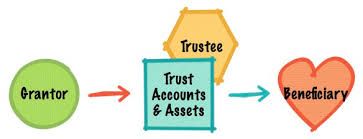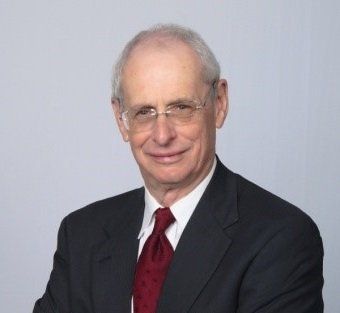The Three Protections (Part 3)
The Trust Continues

Today’s article is part three of a series explaining why a Revocable Living Trust (RLT) can be a better estate planning tool than a Will. The first protection provides for the grantors to retain control of assets. The second protects the grantors in the event of incapacity when they cannot handle their affairs.
The third protection is for the ultimate beneficiaries of the RLT. “Revocable Living Trust” means that the trust lives beyond the lifetime of the grantors. When the trust is created, the grantors’ property is transferred from the grantors’ names to the trust’s name. Therefore, unlike when a person dies owning property, the property is owned by the trust and can continue to be managed by the trust or distributed to the beneficiaries.
RLTs reflect the grantors’ wishes as to how trust assets are to be handled upon their deaths. At that time, the successor trustee takes over management of trust assets and follows the trust’s instructions. Often the trust directs the property to be distributed to the beneficiaries, outright. However, sometimes it is in the best interest of a beneficiary for that person’s share to be held in trust and not distributed outright. Examples include minor beneficiaries who are incapable of handling property, or an adult beneficiary who is irresponsible with money. Also, beneficiaries can be caught in situations where someone has a claim against them or property could be taken from them through a court judgment, divorce proceeding or liens. In these cases, the assets intended for the beneficiary can be maintained in the trust as long as the grantor directed and distributed either on a periodic basis, such as monthly or quarterly, or distributed at certain ages, such as 21, 25 and 30.
The trust contains a “spendthrift clause” which prevents creditors, vicious spouses or lien holders of beneficiaries from attaching property while it remains in the trust.
The third protection is that the property in the trust is distributed to the beneficiaries as grantors directed and eliminates the need for Court action after the death of the grantors, allowing almost immediate distribution to the beneficiaries. This saves long delays and significant money for the family.
If you have any questions, please feel free to call me at 601.992.1437 or email Richard@theelderlawfirm.net.
Richard Young
The Elder Law Firm
Flowood, Mississippi












